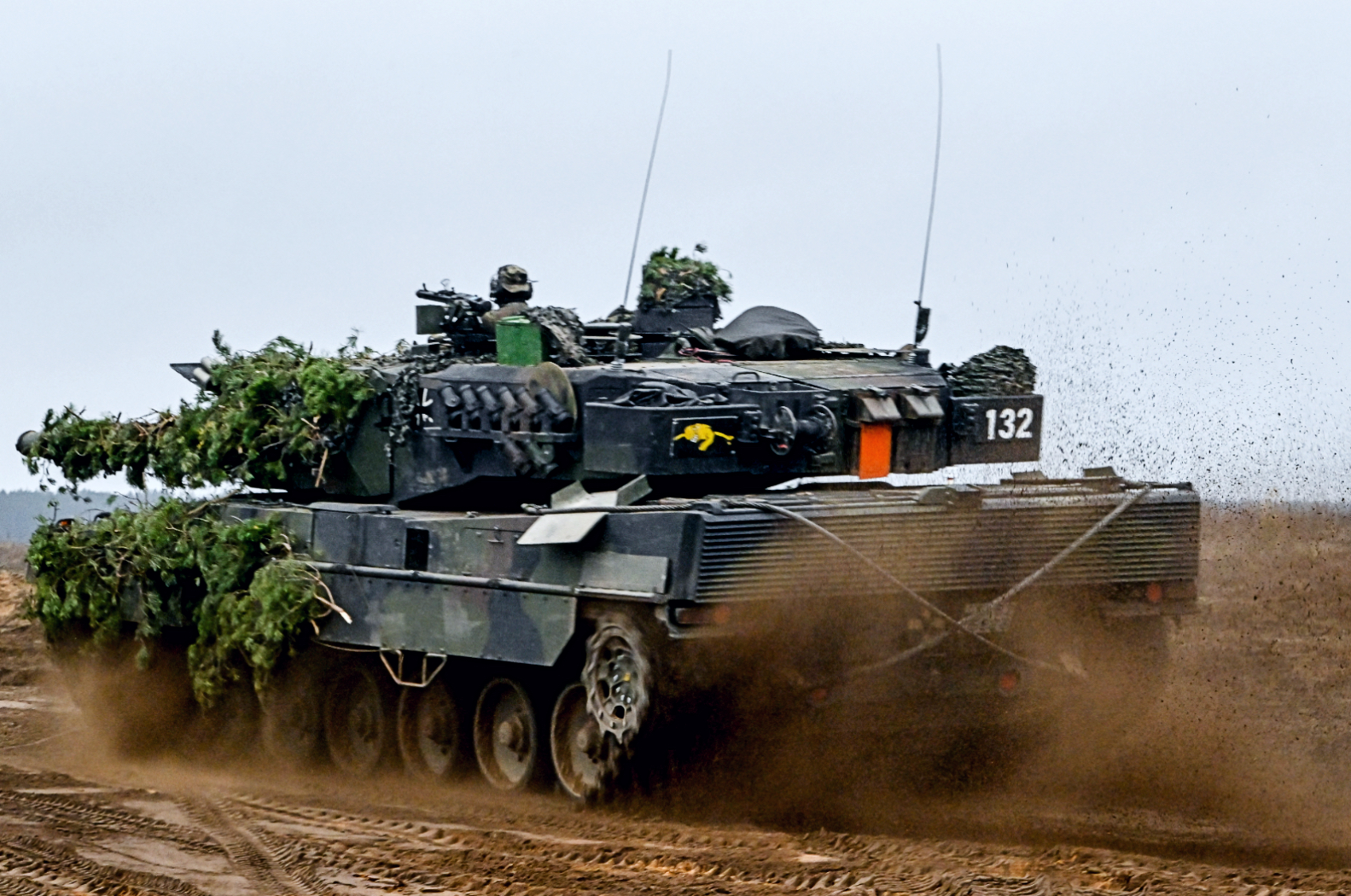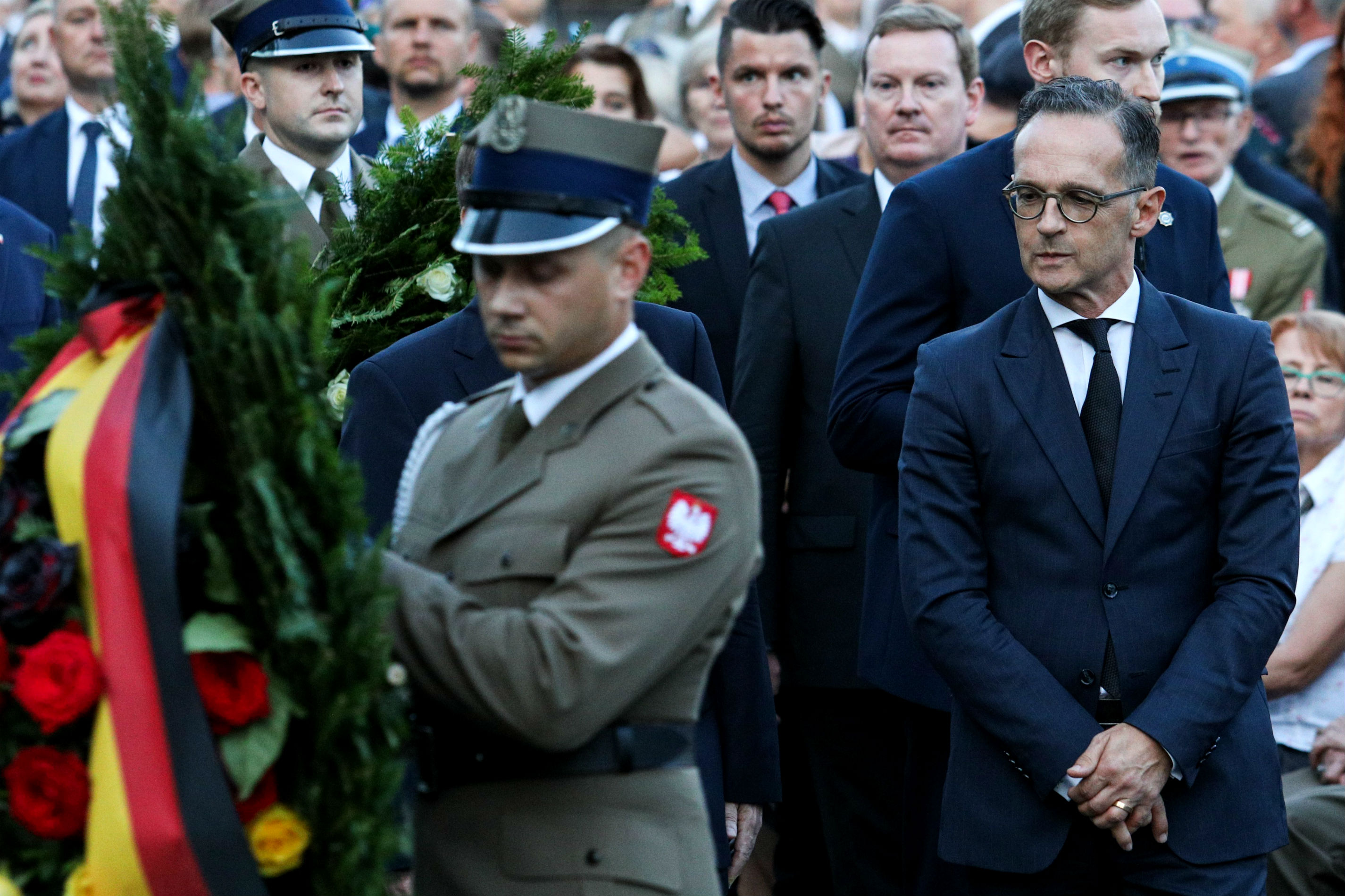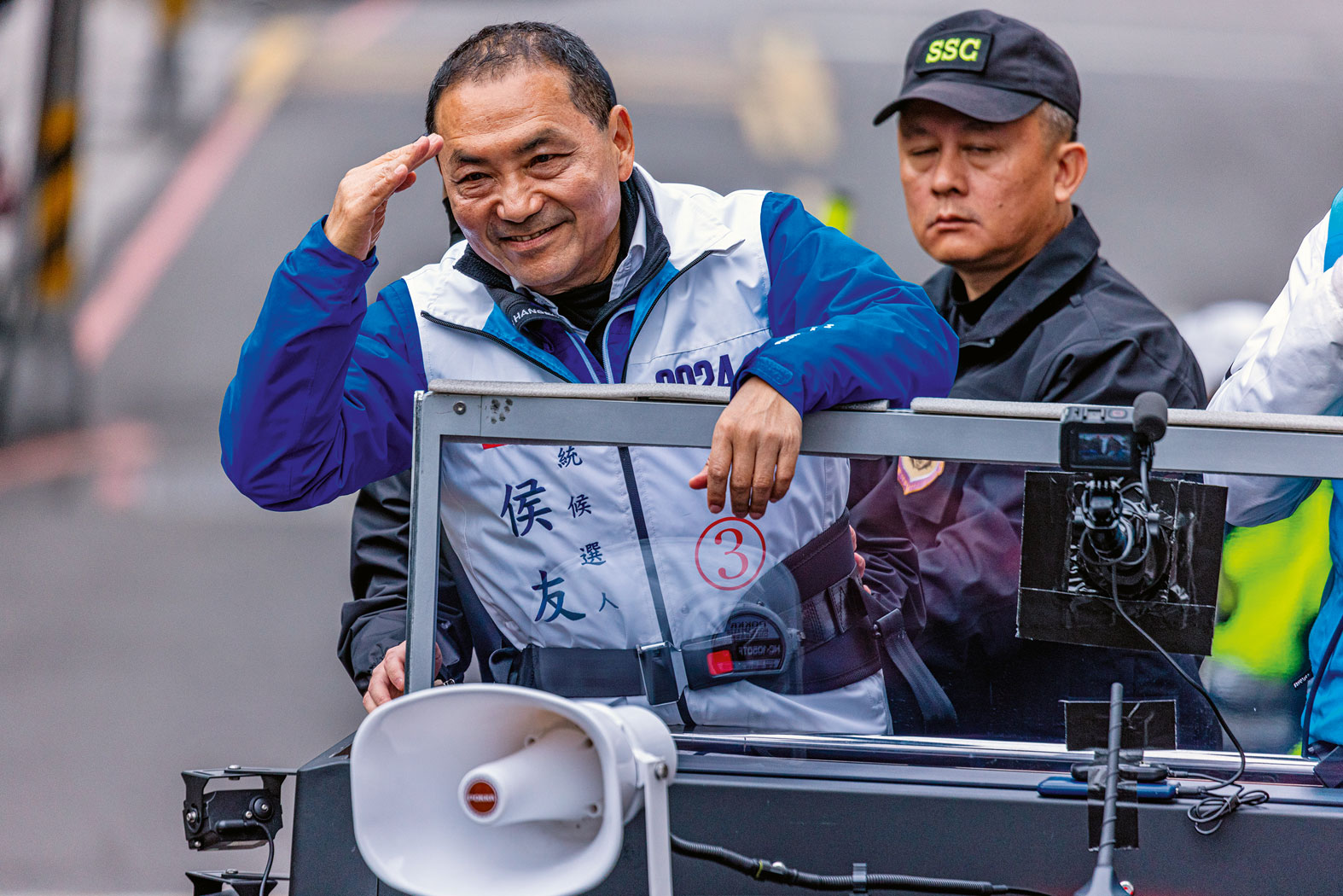Tensions are rising within the Western coalition supporting Ukraine. NATO’s eastern flank and the United States are keen to overcome German resistance to the leopard transfer.
Such a bad mood among the allies of Ukraine had not been seen for a long time. A new coalition formed in the Western coalition to support it with armaments – countries declaring their readiness to hand over Western-designed tanks. Initiated in Europe and publicly announced by Poland, it won support from the United States, but struggles with resistance from Germany as a host of armored technology and arms export rights.
Read also: After a year of war, the Russian Goliath has a black eye
This dispute doesn’t look good
It got to the point that ahead of US Secretary of Defense Lloyd Austin’s visit to Germany, the Pentagon publicly announced it was going there, among other things. to remove this blockage. The Americans are therefore putting their influence on Germany, which they still see as Europe’s most important partner and a pillar of continental security, at stake. Berlin, however, set one condition – it was to accept the Leopards, provided the United States gave Ukraine its Abrams, which America did not want. This dispute has been going on for some time and has so far manifested itself in unofficial statements by government officials quoted in the press. Now he has entered the level of direct, albeit friendly, confrontation.
Even Germany’s change of defense minister didn’t help, because it didn’t change – and in a sense might even harden – Berlin’s policy. Instead of the widely criticized and politically weak Christina Lambrecht, the new head of the ministry, Boris Pistorius, speaks more assertively, but not at all in the manner of Washington, let alone his Eastern allies (they accuse him of pro-Russian sympathies from the past and are happy to call him a Russophile similar to B.







